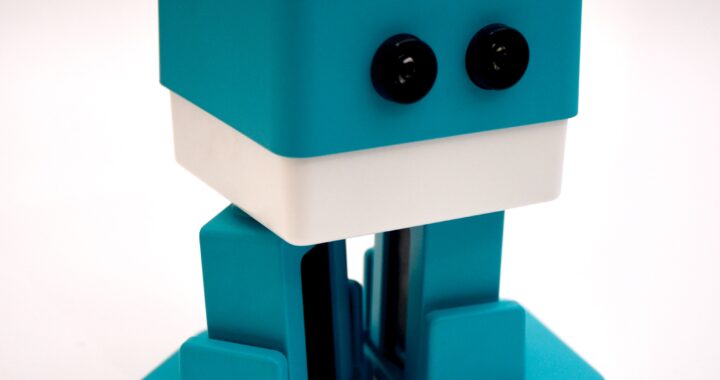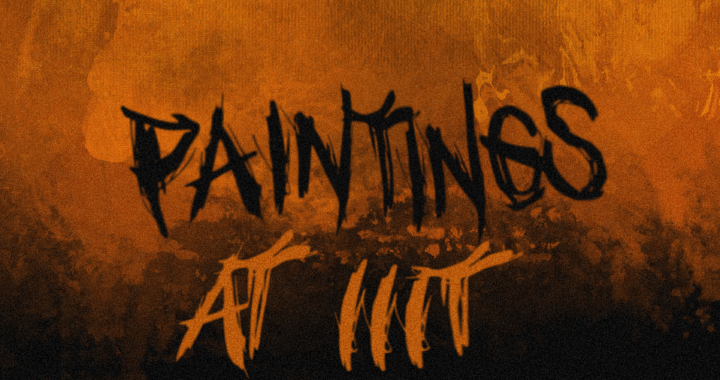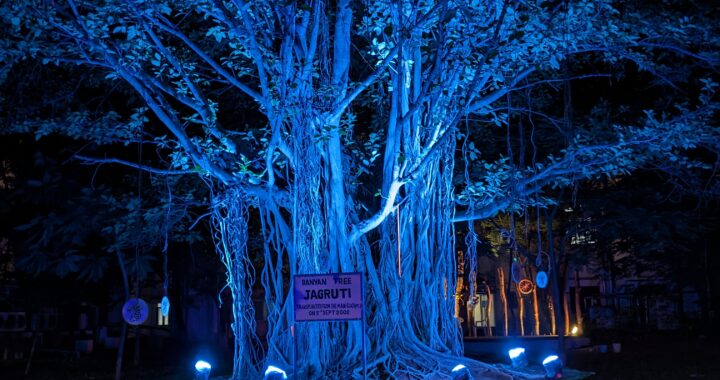Depression Denied

There is a common misunderstanding regarding what is nihilism and what is just plain depression.
Albert Camus, Sartre, and Emile Cioran, prominent nihilists of the 20th and 21st century, wrote extensively and broodingly on the more darker side of the human psyche. They expounded on matters like death, suicide, addiction, prisons, pessimism among other things.
One can picture these philosophers at a cafe in a Parisian arrondissement, as the city goes about its activities. The would spend their days just staring out at the overcast sky in concentrated meditation. Their activities would include working on their treaties, travelling, giving lectures and attending conferences. That they were particularly motivated is attested by the fact that they continued their often morbid investigations for the larger part of their adult lives. A career in philosophy involves a very vigorous routine of criticism, creativity and wit, as well as empathy for the multitudes within us.
It is quite a different life from the one lived by students we label “nihilist” in general parlance. It is almost taken to be synonymous with depression. To misidentify as philosophers, students who are simply facing depression is doubly troubling. Firstly, it confuses work of considerable intellectual effort with a pathological condition; secondly and more alarmingly, it helps us to brush aside students – students that we have failed to help – as mere ‘eccentrics’ and ‘misfits’. This labelling has a cleansing effect on our minds, as it pushes these uncomfortable examples out of our collective consciousness.
I do not want to sound shrill blaming the system itself. Personal failings, such as poor life choices and an inclination towards instant gratification play a huge part in why some students fall into depression. But how the failings of a twenty-something human are punished by, corrected, or finally vindicated by the community, and the institutions that make this community play a significant part. Some might say that it makes all the difference.
Depressed students need not be intellectuals. We should not burden them with such heavy responsibilities. Most of us can hardly manage the ones we have. What is needed is understanding, support and a good shrink. To pronounce them nihilist is akin to brushing them aside and sweeping the problem under the rug by changing its name. A bug does not a feature become.
To put it out in words, a lack of motivation to live is not the same as a motivation to study the lack of living. One is depression, the other philosophy.
Our ability to not recognise depression and mental illness in our community when clear indication is available is as much a denial of reality as that playing out in the mind of the “student-nihilist-philosopher”.
Let us not live in denial. Let us call out depression by its name. I have done that. It is liberating.
TL;DR
People mix the two, nihilism and depression. The thrust of the article is depression is denied and depressed people are called nihilist, in part because it easier to live with that as a society.

 DaveAI
DaveAI  Code Wars
Code Wars  Reels
Reels  IIIT’s Smart Campus Vision
IIIT’s Smart Campus Vision  Seeing That Which Cannot Be Seen
Seeing That Which Cannot Be Seen  Breaking Down The Toughest Photoshoot
Breaking Down The Toughest Photoshoot  A perspective on sports in IIIT
A perspective on sports in IIIT  Paintings of IIIT
Paintings of IIIT  The Tale of Jagruti
The Tale of Jagruti  Cleaning up the Mess?
Cleaning up the Mess?
2 thoughts on “Depression Denied”
Comments are closed.